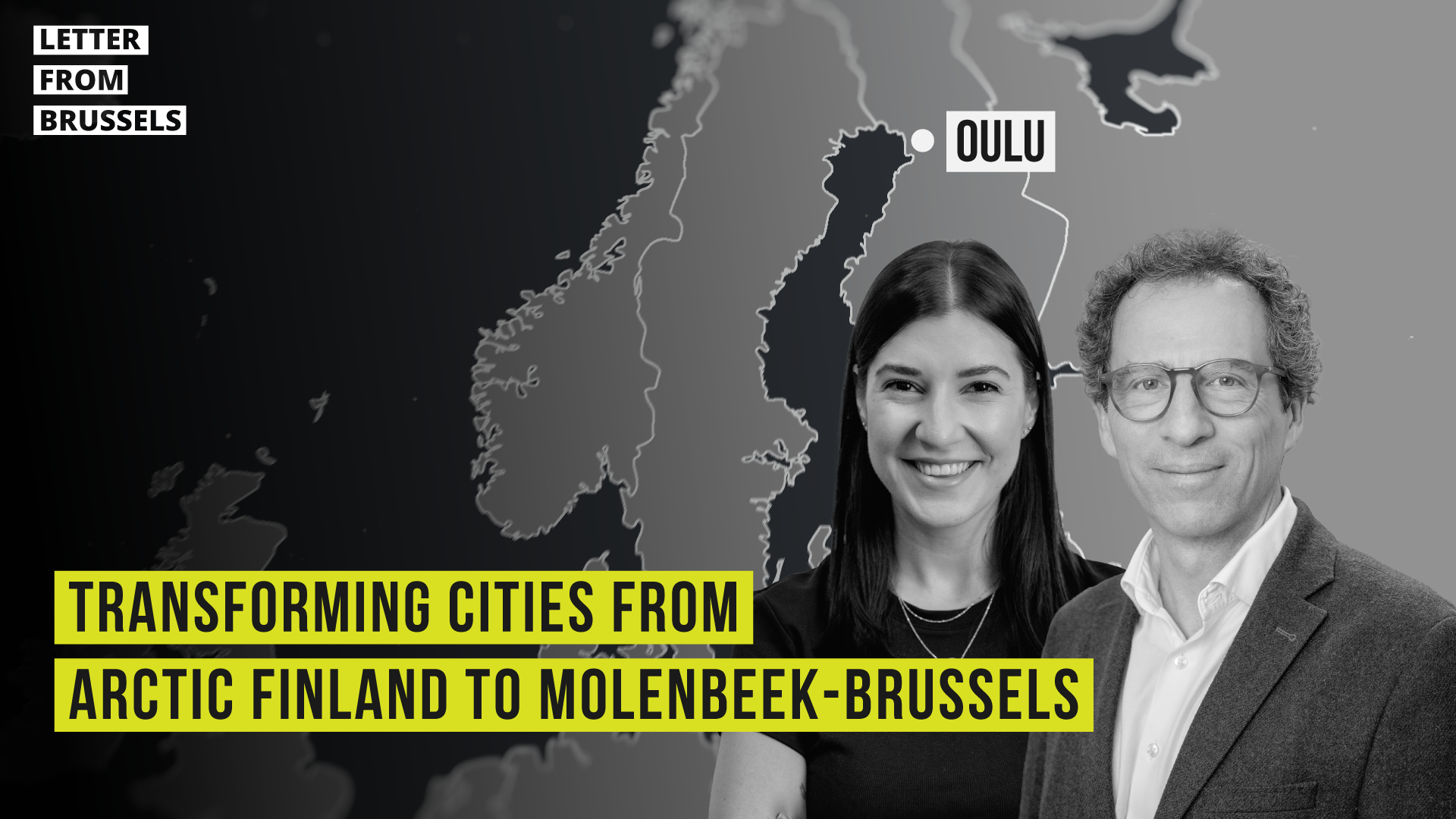Despite decades of European integration, legal and administrative obstacles in border areas continue to exist, and new ones are even created. Magali Altounian, Deputy Mayor of Nice and CoR rapporteur on the opinion European Cross-Border Mechanism 2.0, raised the issues faced and how to deal with them during the “Life in border regions” conference at the European Committee of the Regions.
EU border regions are left wondering how to address obstacles they face and the way forward since a possible tool to address these issues, the European Cross-Border Mechanism, is currently being blocked in the Council of the EU. With about 30% of European citizens living in these border regions affected, and an estimated loss of 33% of European GDP, this challenge can’t be underestimated or left unresolved.
Magali Altounian:
“We have to resolve the still persisting obstacles we face in border regions. These negatively impact integration, exportation, services, mobility, health systems, public services, the environment,…The quality of life of our citizens is affected. It is a problem that might be misunderstood by people living far away or in the capitals of member states, but it affects the daily life of citizens and businesses as they sit in a discriminatory position, constrained while they should be free to operate in the European Single Market”
Her region of Provence-Alpes-Côte d’Azur is already showing the way in dealing with this issue through a trans border cooperation scheme 2020-2030, working together with the Principality of Monaco and the Piedmonte-region in Italy, for instance through the inter-metropolitan cooperation with cities like Turin and Genoa to focus on research and innovation.
Sandro Gozi, Renew Europe MEP, added:
“The adoption of a EU instrument remains urgent to ensure cohesion and complete the Single Market”. As rapporteur on the topic he will soon present his proposal to the European Parliament.
Altounian and the European Committee of the Regions are now looking to relaunch the European Cross-Border Mechanism in a new version to push the European Commission to respond to the border region’s preoccupations.





